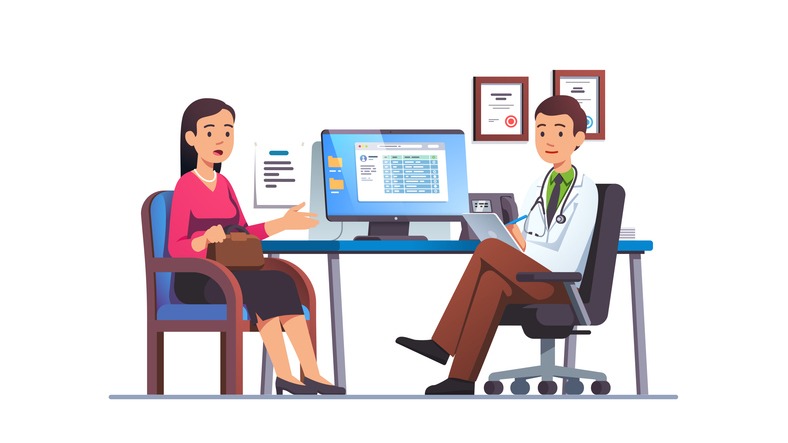As reported by GP Online, healthwatch poll reveals strong patient demand for urgent GP appointments within 24 hours amid funding and GP shortage
More than seven in 10 (71%) of 1,812 patients who took part in the Healthwatch poll said they want a right to an urgent GP appointment in 24 hours. Around two thirds also said they wanted to be able to book appointments and see a GP in the way that suits them best – either in person, by phone or online.
GP leaders pointed out that 44% of appointments in general practice in March were delivered on the day they were booked – but that practices could not guarantee appointments within 24 hours in the context of massive erosion of funding and a shortage of GPs.
GP workforce
BMA England GP committee chair Dr Katie Bramall-Stainer said: ‘The services that patients need are the same as what GPs want to offer. But the sad truth is we have lost over 1,000 practices in the past decade, with almost 2,000 fewer full-time equivalent (FTE) GPs than 2015.
‘Despite this we have more and more GPs facing unemployment as practices’ bread and butter funding has been squeezed to the bone – £659m eroded since 2018/19.
‘There is much the government can do straightaway to create more appointments in general practices and it’s very simple – restore their funding, keep practices open, stop forcing GPs to leave.’
RCGP chair Professor Kamila Hawthorne said: ‘It’s as frustrating for GPs and our teams as it is our patients when they struggle to access our care and services – and we will always try our best to offer timely care, based on the patient’s health needs. To this end, 44% of appointments in March took place on the same day they were booked, with 70% within a week of booking.
24-hour access
‘The reality is that we don’t have enough GPs to guarantee care to all patients within 24 hours of booking – demand for our services would simply outstrip capacity.’
Professor Hawthorne pointed out that the average fully-qualified, FTE GP in England is now responsible for 2,295 patients – 260 more than six years ago, and more than 25% over the ‘safe limit’ of 1,800 often cited by LMCs and GP leaders.
She added: ‘Introducing mandates for practices to ensure that all appointments are delivered within a set time frame would simply pile on pressure to an already struggling service and be fraught with unintended consequences to patient care – not least the prioritisation of speedy access over continuity of care, which we know has benefits for patients and the health service.’
The RCGP chair warned that ‘longstanding shortfalls in funding and failures in workforce planning’ had left GP practices working under intense pressure, and that patients were now ‘bearing the brunt’.
GP leaders have warned that general practice funding has slumped by 52% in real terms over the past 15 years – and general practice now has around 1,800 fewer fully-qualified, full-time equivalent GPs than in 2015.
Healthwatch said ‘existing constitutional targets on access’ are popular and a key measure of the success of the NHS Constitution – but that targets for A&E access, cancer diagnosis and planned operations had not been met for eight years.
The organisation said most existing targets were focused on hospital care but that GP access ‘is the single biggest issue that Healthwatch hears about’.




Be the first to comment